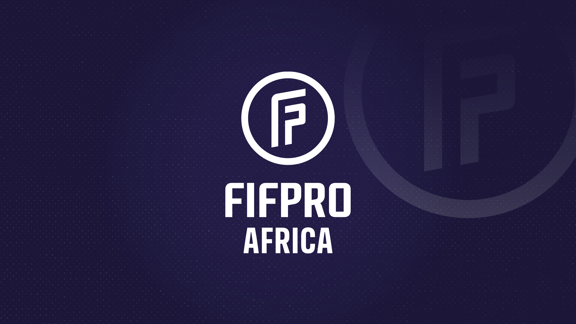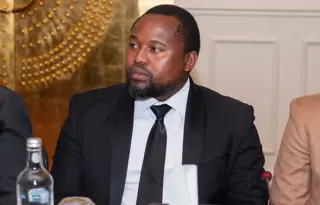News
South African player union takes SAFA to High Court over professional footballers' denial of justice


SAFPU argues that SAFA has consistently excluded it from key decision-making processes, thus undermining players’ rights to fair representation under South African labour law.
This is particularly the case when it comes to arbitrators. In accordance with a collective bargaining agreement (CBA) entered into between the National Soccer League and SAFPU, appeals from the NDRC must be heard by an arbitrator appointed from an agreed-upon list contained in the CBA.
“What SAFA has been doing, however, is to appoint arbitrators that do not appear on the list in the CBA, without any input or prior agreement from SAFPU or the league,” said Shabalala. “SAFA’s conduct is violating its members’ collective labour rights.”
In papers filed this month, SAFPU highlights SAFA’s refusal to recognise the union as the official representative body for professional footballers in South Africa.
“Delayed justice is no justice at all. The silence and inaction by SAFA are not just administrative oversights; they are political choices that betray the players,” Shabalala added.
The present situation constitutes a clear breach of the CBA, which requires arbitrators to be selected from a mutually agreed list.
“This case is about more than just procedure – it's about protecting collective bargaining, defending the legitimacy of the union, and restoring dignity to the members SAFA has sidelined,” said Shabalala.
Beyond the specific cases, SAFPU accuses SAFA of refusing to engage with the union on matters related to contracts, player welfare, and working conditions. This has led to unilateral decisions affecting players without their voice or consent. The union argues that such actions represent a pattern of behaviour that erodes the legitimacy of players' rights and undermines the role of labour representation in sport.
Legal action and global solidarity
SAFPU’s High Court application asks the court to find SAFA to be in violation of its obligation to provide justice to footballers, and thus in violation of South African laws and to take all measures necessary to ensure that SAFA abides by its statutory and regulatory obligations.
The case has drawn firm support from FIFPRO Africa, the regional division of the global players' union.
FIFPRO Africa Secretary General Kgosana Masaseng said: “What is happening in South Africa is not unique. FIFPRO Africa pledges its support to the 11 members who have been denied justice and to SAFPU as the official representative of players in South Africa.”
According to Masaseng, when disputes about fairness, employment rights, or discipline arise, transparent and impartial resolution is vital. “If SAFA denies justice, legal action is necessary for the union to protect its members and uphold accountability and fair play,” Masaseng said.
